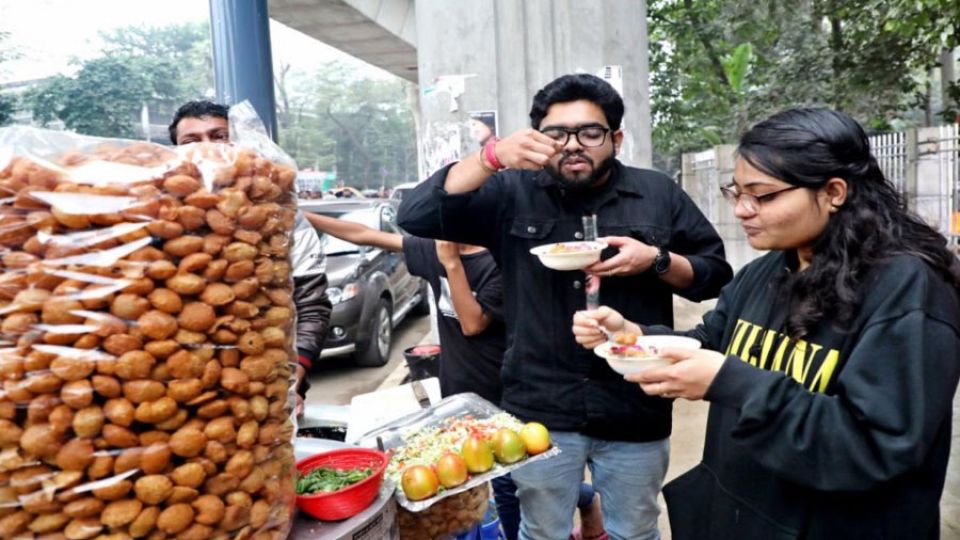February 2, 2024
DHAKA – Alongside raising food safety awareness, the government must play a strong role to ensure better management in terms of street food safety by preparing a proper database on such businesses, speakers said yesterday.
Although Bangladesh has no database on its street food vendors, their economic contribution cannot be ignored, said Rezaul Karim Siddique, an agriculture information analyst.
“Due to lax government surveillance and regulations as well as a lack of training, street food in the country is unsafe in most cases,” Siddique said while delivering his keynote speech.
He was speaking at a workshop about ensuring street food safety at the conference room of the Bangladesh Agricultural Research Council in the capital.
Bangladesh Safe Agro Food Efforts (BSAFE) Foundation, a citizen’s platform, organised the event in association with the United States Agency for International Development (USAID) on the occasion of “National Food Safety Day 2024”.
“Fining street vendors is not the only way to ensure food safety. The government should focus on raising awareness on both the sides of consumers and vendors,” said Bipul Biswas Apon, general secretary of the Bangladesh Food and Nutrition Association.
The consumption of street food is commonplace across the country. So, efforts have to be focused on both rural and urban food safety, he added.
“If some vendors initially come under proper training and avail a food safety certificate sticker, it will help encourage food safety practices among others,” said AFM Jamal Uddin, a professor of the horticulture department at Sher-e-Bangla Agricultural University.
The government should ensure water management facilities for all of them by allocating proper locations, he added.
Shahrina Akhtar, a specialist at Krishi Gobeshona Foundation, also pointed out that vendors often lack sanitation facilities, worsening food safety standards.
Prof Khaleda Islam, director of the Institute of Nutrition and Food Science at the University of Dhaka, said the government should think about incentivising street vendors to work in a more hygienic manner as they usually come from low-income groups.
“If they want to bring changes to the existing system, they need a lot of money,” she said while also urging the government to take steps to stop the extortion of such vendors.
Abu Noor Md Shamsuzzaman, a member of the Bangladesh Food Safety Authority, said they were working on producing a database of street vendors.
“If we can enlist all the vendors, it would help bring them under training or other facilities,” he added.
He also informed that a separate discipline on food safety has already been introduced for some university students and they are now working to include a chapter on food safety in textbooks for seventh and eighth grade students.
“It will gradually be introduced for students in other grades,” Shamsuzzaman said.
AHM Shafiquzzaman, director general of the Directorate of National Consumers’ Right Protection, said a mass campaign would be needed to raise awareness on food safety.
“We are working with various stakeholders to ensure food safety. We have to focus on the origin of these problems and whether they stem from the source of their ingredients,” he added.
Anwar Faruque, former agriculture secretary and acting president of the BSAFE Foundation, conducted the event.


